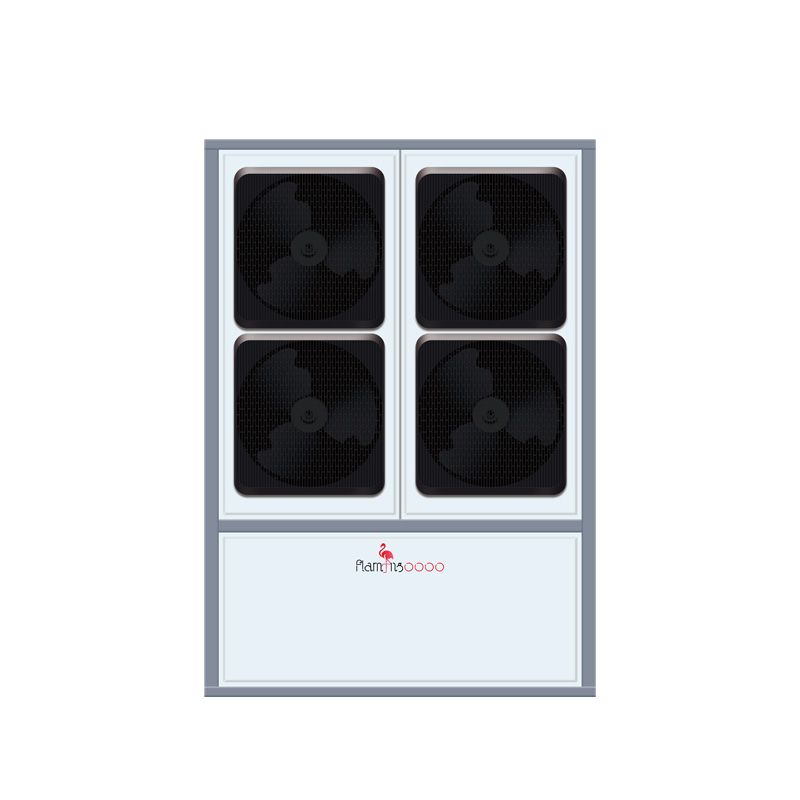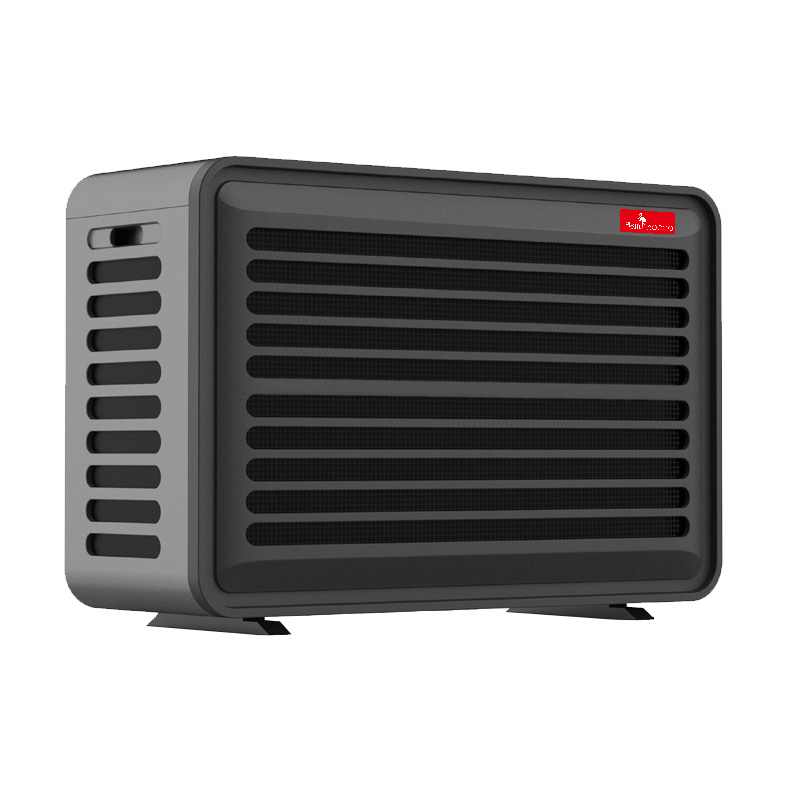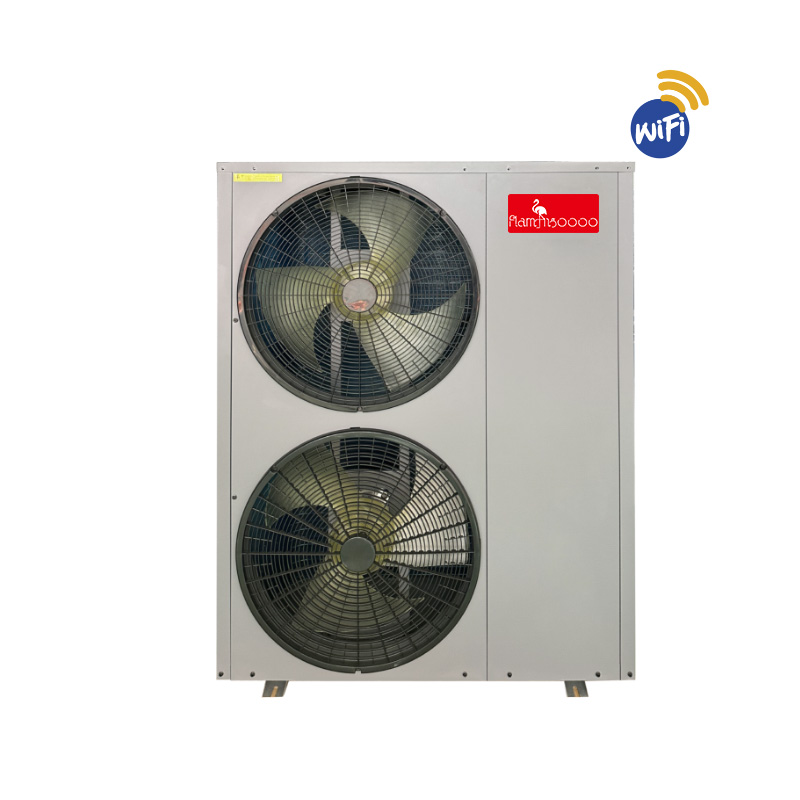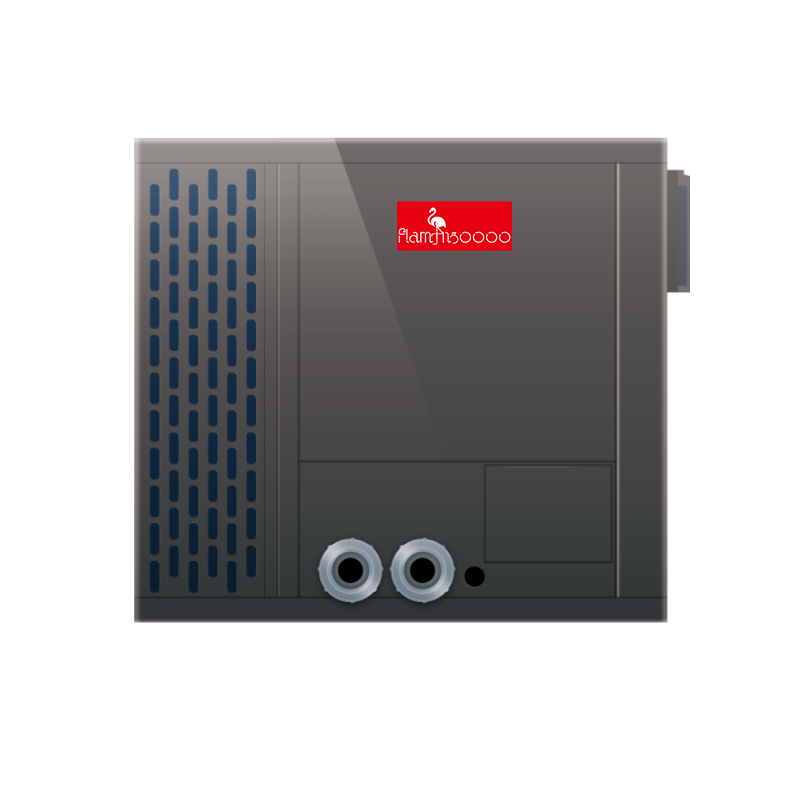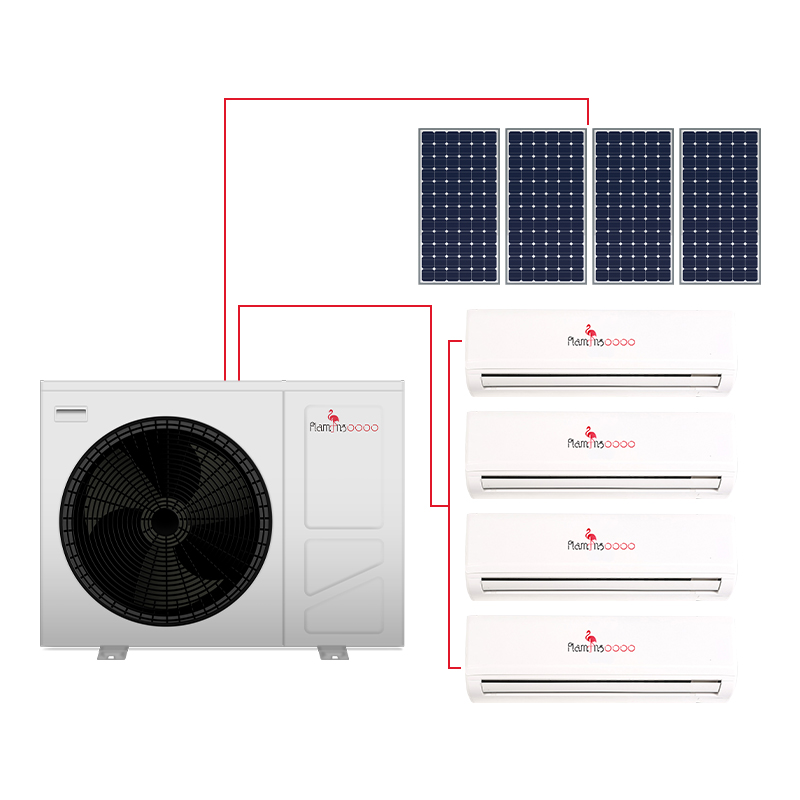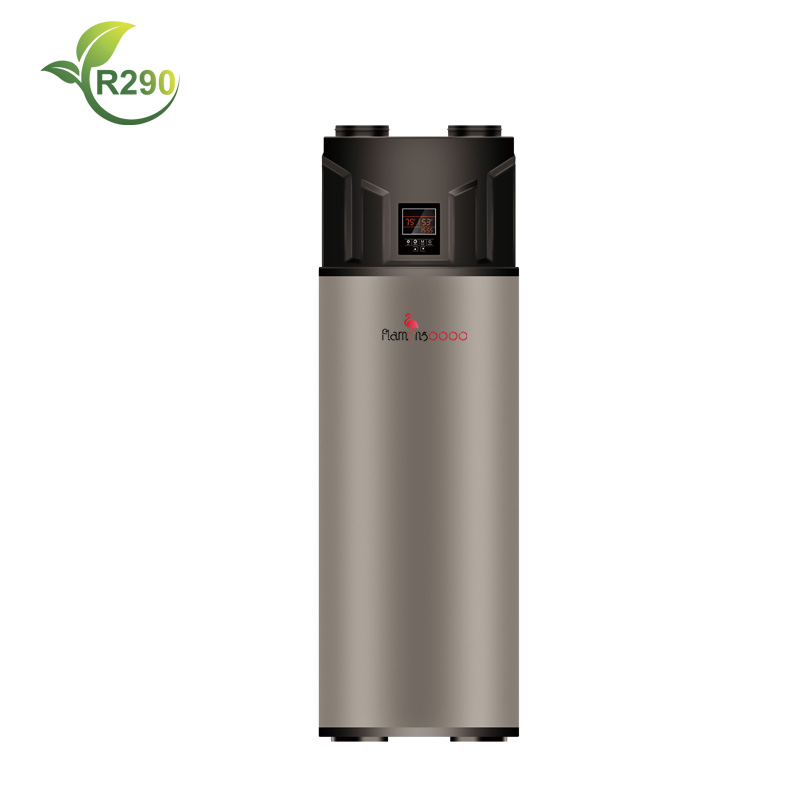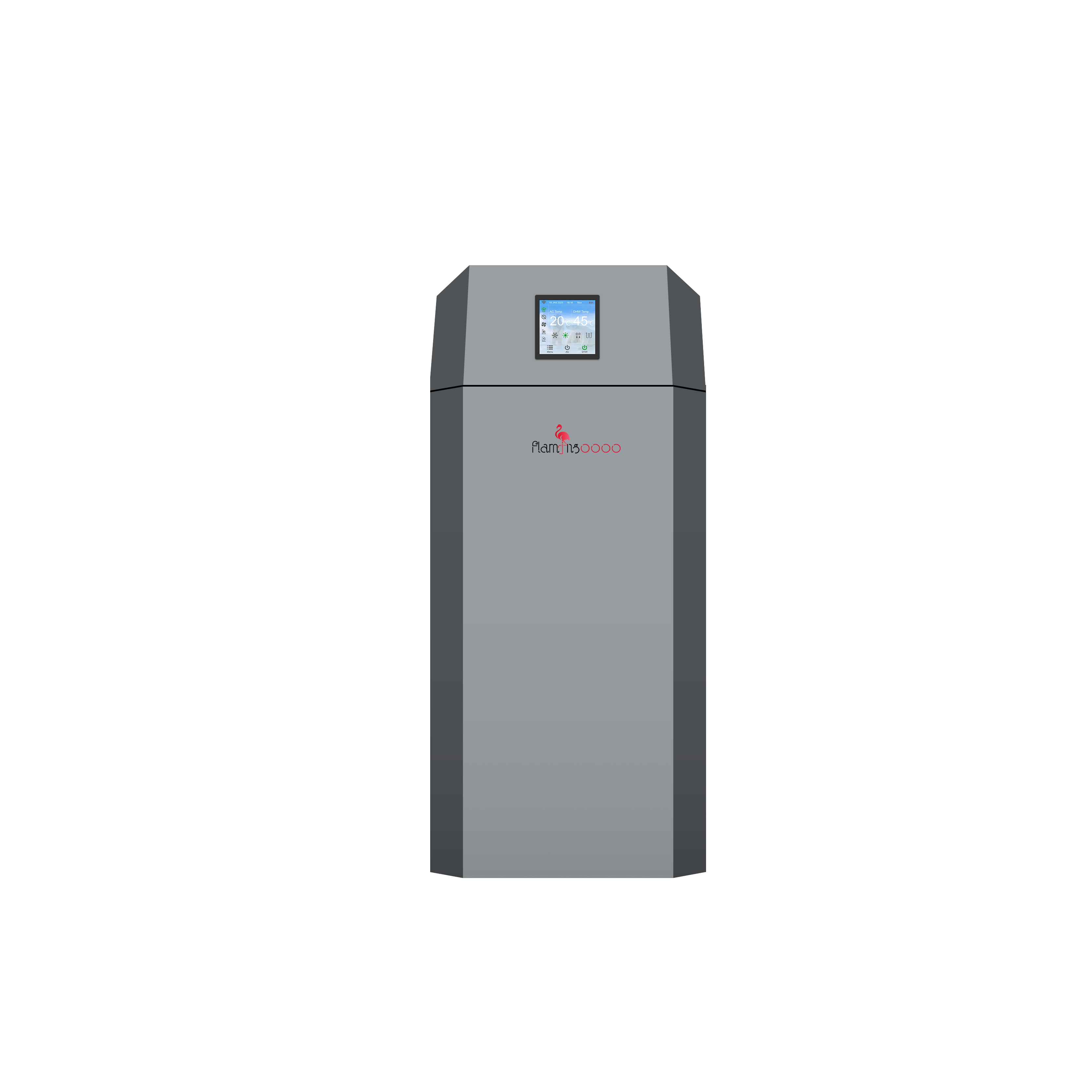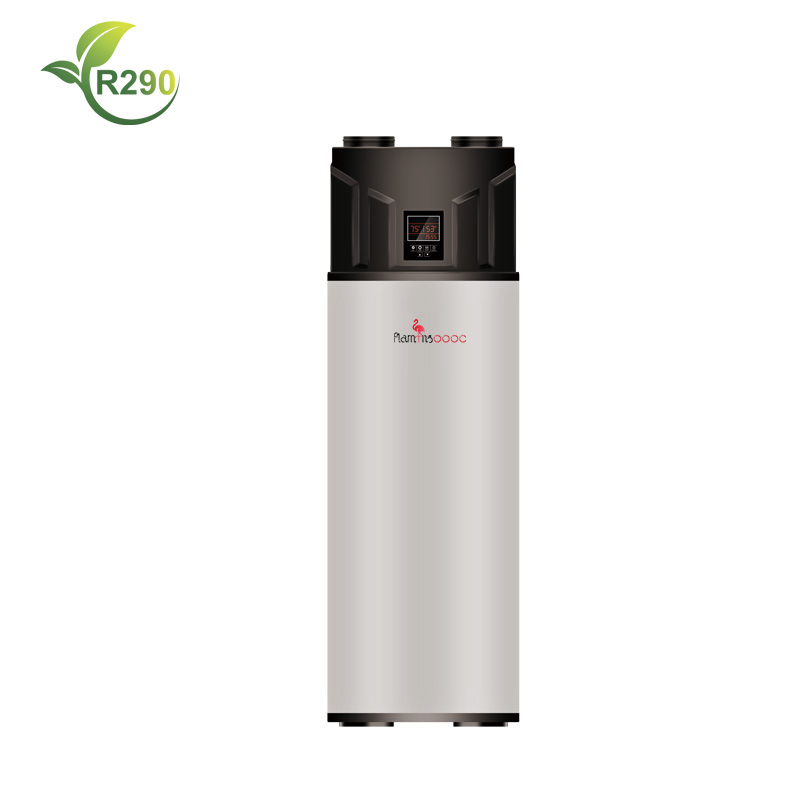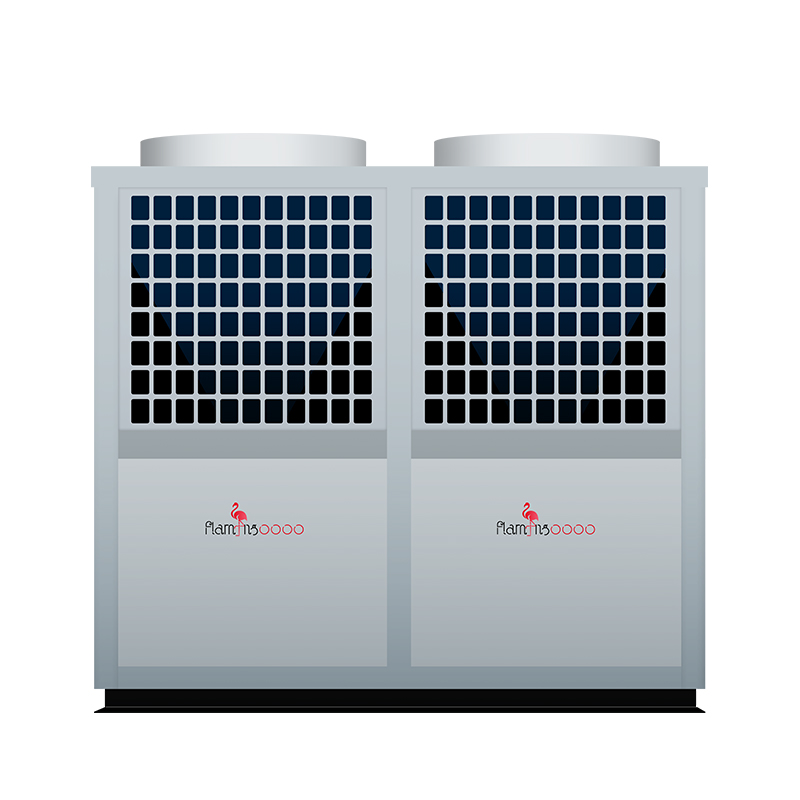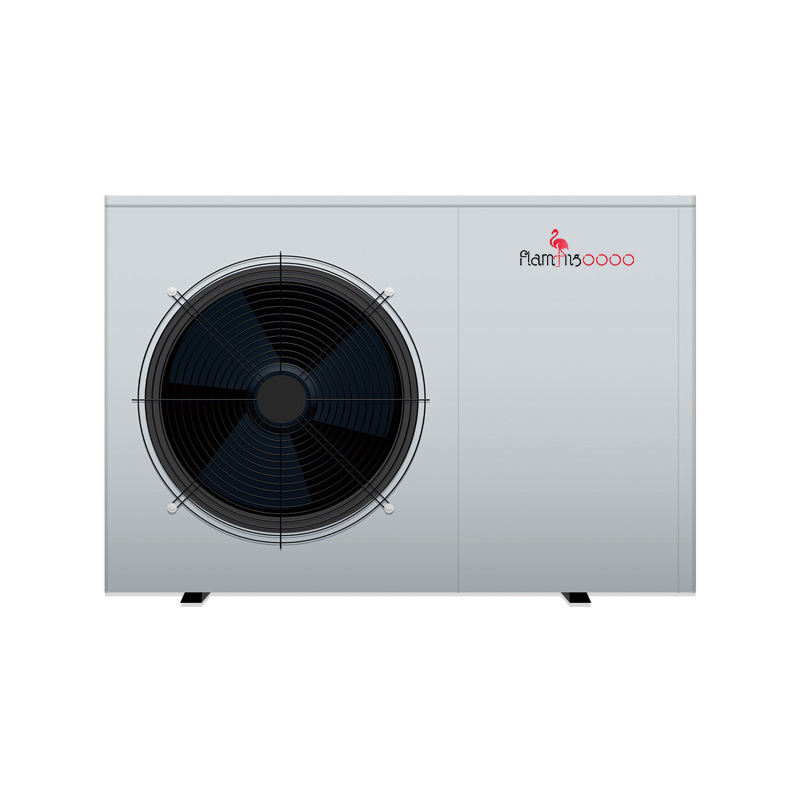Why Heat Pumps Are More Energy-Efficient Than Air Conditioners
Introduction
As energy prices continue to rise and governments push for greener technologies, homeowners are increasingly looking for ways to reduce electricity consumption while maintaining indoor comfort. One of the most effective solutions is heat pumps, which have been proven to be significantly more energy-efficient than traditional air conditioners. But what makes heat pumps a superior choice when it comes to energy savings? Let’s explore the key differences and benefits.

1. Dual Functionality: Heating and Cooling in One System
Unlike air conditioners, which only cool the air, heat pumps can both heat and cool a home. In cooling mode, a heat pump works just like a traditional air conditioner by transferring indoor heat to the outside. However, in winter, the system can reverse the process, extracting heat from the outside air and bringing it indoors.
This dual functionality eliminates the need for a separate heating system, such as a gas furnace, further reducing energy consumption and overall household expenses.
2. Higher Energy Efficiency: The Key to Lower Power Bills
One of the biggest reasons heat pumps are more energy-efficient than air conditioners is their high Coefficient of Performance (COP).
Air conditioners typically have an Energy Efficiency Ratio (EER) ranging from 10 to 15 for cooling.
Heat pumps can achieve COP values of 3 to 5, meaning they can produce 3 to 5 times more heating energy per unit of electricity consumed compared to conventional electric heaters.
This means that while an air conditioner uses electricity only for cooling, a heat pump maximizes the use of every watt to provide both heating and cooling, making it a far more efficient option.
3. Heat Pumps Consume Less Power in Winter
Many people assume that heating requires more energy than cooling. However, heat pumps consume significantly less electricity than electric heaters or furnaces in cold weather.
Why?
Instead of generating heat through resistance (like electric heaters), heat pumps extract heat from the air, even in low temperatures. This process requires much less energy than burning fuel or using electrical resistance to produce heat.
Example: A standard electric heater needs 1 kWh of electricity to produce 1 kWh of heat.
A heat pump, on the other hand, can use 1 kWh of electricity to transfer 3-5 kWh of heat into a home.
This makes heat pumps 3 to 5 times more energy-efficient than traditional heating systems.
4. Inverter Technology for Lower Power Consumption
Many modern heat pumps are equipped with inverter technology, which allows them to adjust their output based on demand.
Traditional air conditioners often work at a fixed speed, turning on and off frequently, which leads to high energy consumption.
Inverter heat pumps operate at variable speeds, maintaining a steady temperature and reducing energy waste.
Because heat pumps run more efficiently and avoid frequent start-stop cycles, they consume up to 30% less electricity than conventional HVAC systems.
5. Government Incentives and Lower Operating Costs
Due to their energy efficiency and environmental benefits, many governments are offering subsidies, tax credits, and rebates for homeowners who install heat pumps. These incentives help offset the initial cost and provide long-term savings on electricity bills.
United States: The Inflation Reduction Act provides up to $2,000 in tax credits for heat pump installations.
United Kingdom: Homeowners can receive up to £7,500 in subsidies through the Boiler Upgrade Scheme.
Europe: Several countries offer grants covering 30-50% of installation costs for heat pumps.
By reducing energy bills and benefiting from financial incentives, homeowners can recoup their investment in a few years while enjoying long-term savings.
6. Better Environmental Impact
Heat pumps are not just more energy-efficient; they are also more environmentally friendly. Since they use electricity rather than burning fossil fuels, they produce lower carbon emissions.
Replacing a gas furnace with a heat pump can cut carbon emissions by up to 50%.
In areas where electricity comes from renewable sources (such as wind or solar), heat pumps can provide near-zero carbon heating and cooling.
By choosing heat pumps over traditional air conditioners and heating systems, homeowners contribute to reducing global carbon footprints.
Conclusion: The Smarter Choice for Energy Savings
Heat pumps have emerged as the best energy-efficient solution for modern homes. Their ability to both heat and cool, higher efficiency ratings, lower energy consumption, and government incentives make them a cost-effective and environmentally friendly alternative to traditional air conditioners.
As energy costs continue to rise, investing in a heat pump today can lead to significant long-term savings while reducing environmental impact. If you are considering upgrading your home’s HVAC system, a heat pump is undoubtedly the smarter, greener, and more economical choice.

